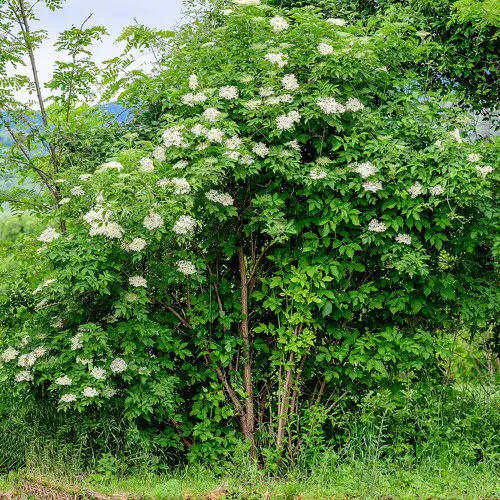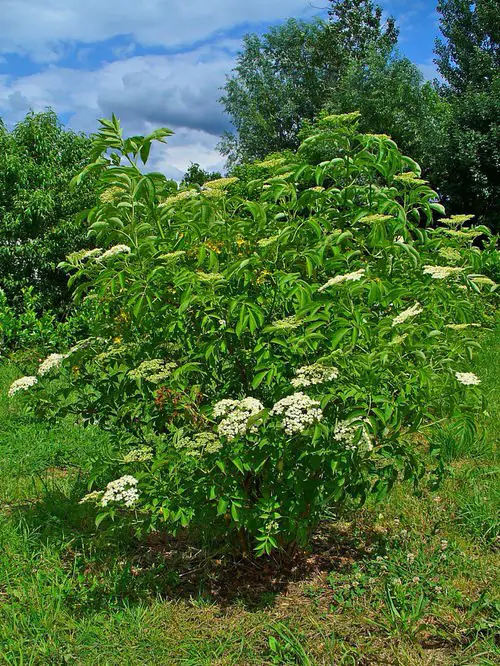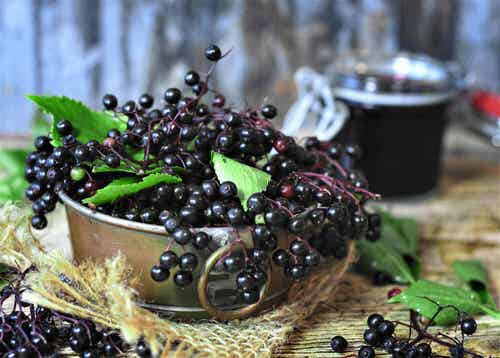Do Elderberries Grow in Arkansas? Or do they cultivate someplace else? Find out everything and more along with its benefits in this article!

Do Elderberries Grow in Arkansas? Well, the straight answer to this question is yes, but you definitely need to know more about it!
Elderberry Plant Profile
Elderberry (Sambucus canadensis) is an indigenous shrub or small tree that occasionally grows up to 16-20 feet tall. Hardy to USDA Zone 4-9, it grows clusters of red to blue-black berries in the late summer.
Raw berries give a bitter taste and are used in jam, syrup, or wine. Apart from the fruit, the plant is also famous for attracting a range of songbirds. The elderberries are rich in antioxidants along with Vitamin A, C, and B6. Keep in mind that unripe berries, leaves, and stems are toxic to humans though cooked berries are edible.
Do Elderberries Grow in Arkansas?

The simple and straight answer to this question is- Yes! Wild elderberry stalks grow profusely across Arkansas. You can easily track them during the spring, thanks to the large white flowers.
Arkansas river valley has sandy soil and it delivers the ideal conditions to produce outstanding quality and taste properties for the production of elderberry wine.
Climate of Arkansas
Arkansas climate is categorized as humid subtropical. Usually, there is a substantial amount of rainfall every month and the temperature is as mild compared to the northern part of the country.
The summers are hot, long, and despotic, while the winters are cold, wet, short, and partially cloudy year-round. During the year, the temperature normally changes from 36-92F (2-34 C). All this makes it perfect for the elderberries to cultivate all year round.
Elderberry Benefits

Elderberries are rich in vitamins, flavonoids, and antioxidants that combat free radicals. These qualities boost immunity and reduce stress and inflammation. People recommend elderberry for treating colds and flu.
Elderberry Toxicity
Avoid eating or using the fruit from red elderberries (Sambucus racemosa) as they are poisonous. The leaves, stems, bark, and roots contain cyanide toxins. Be careful about the type of elderberries you eat or touch.


